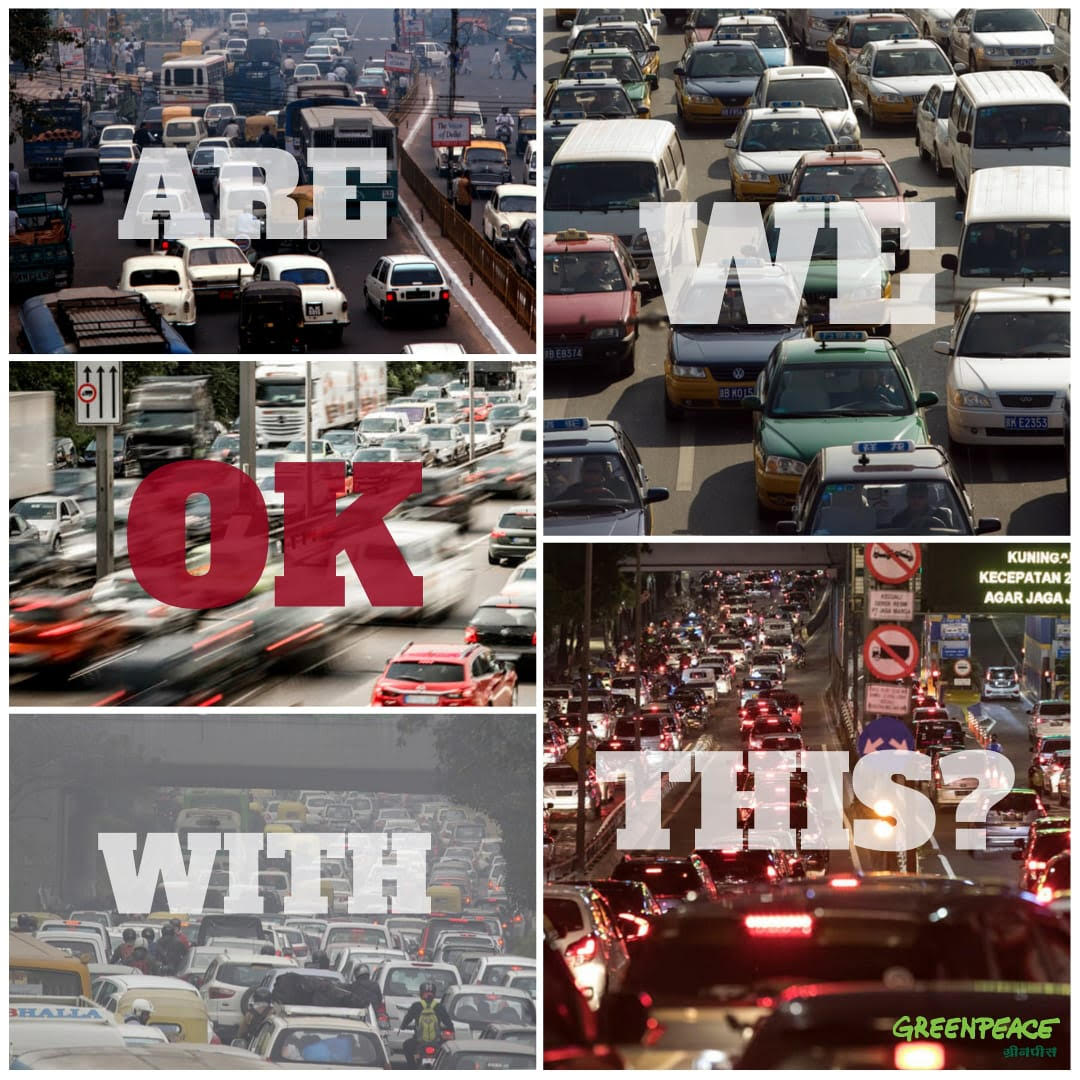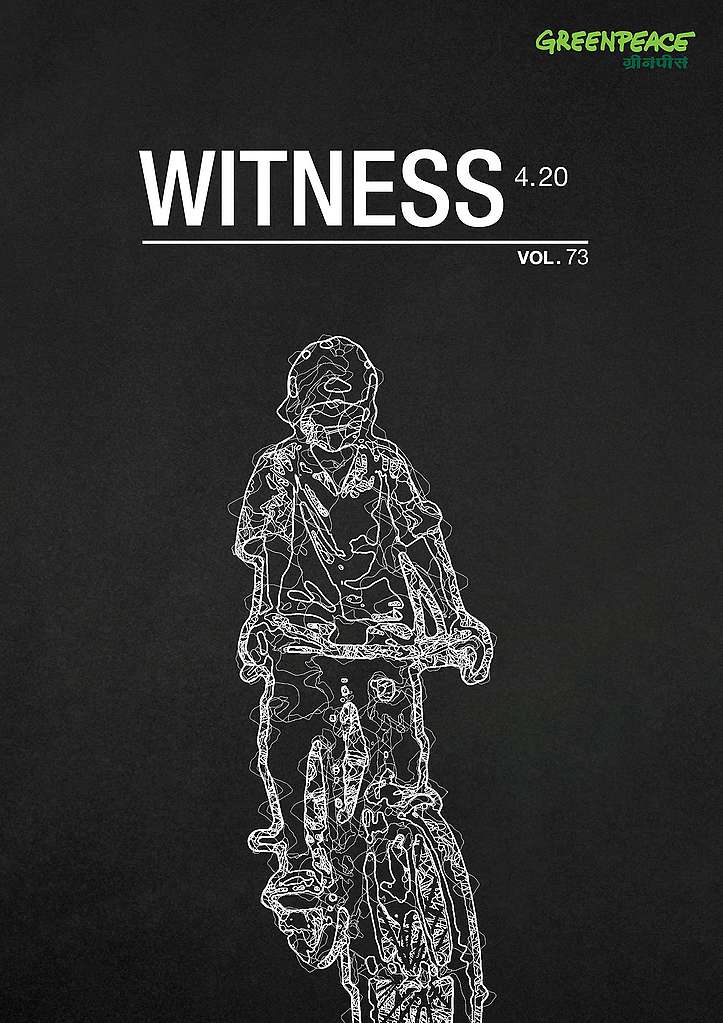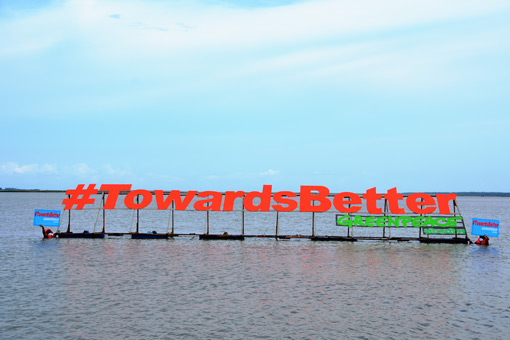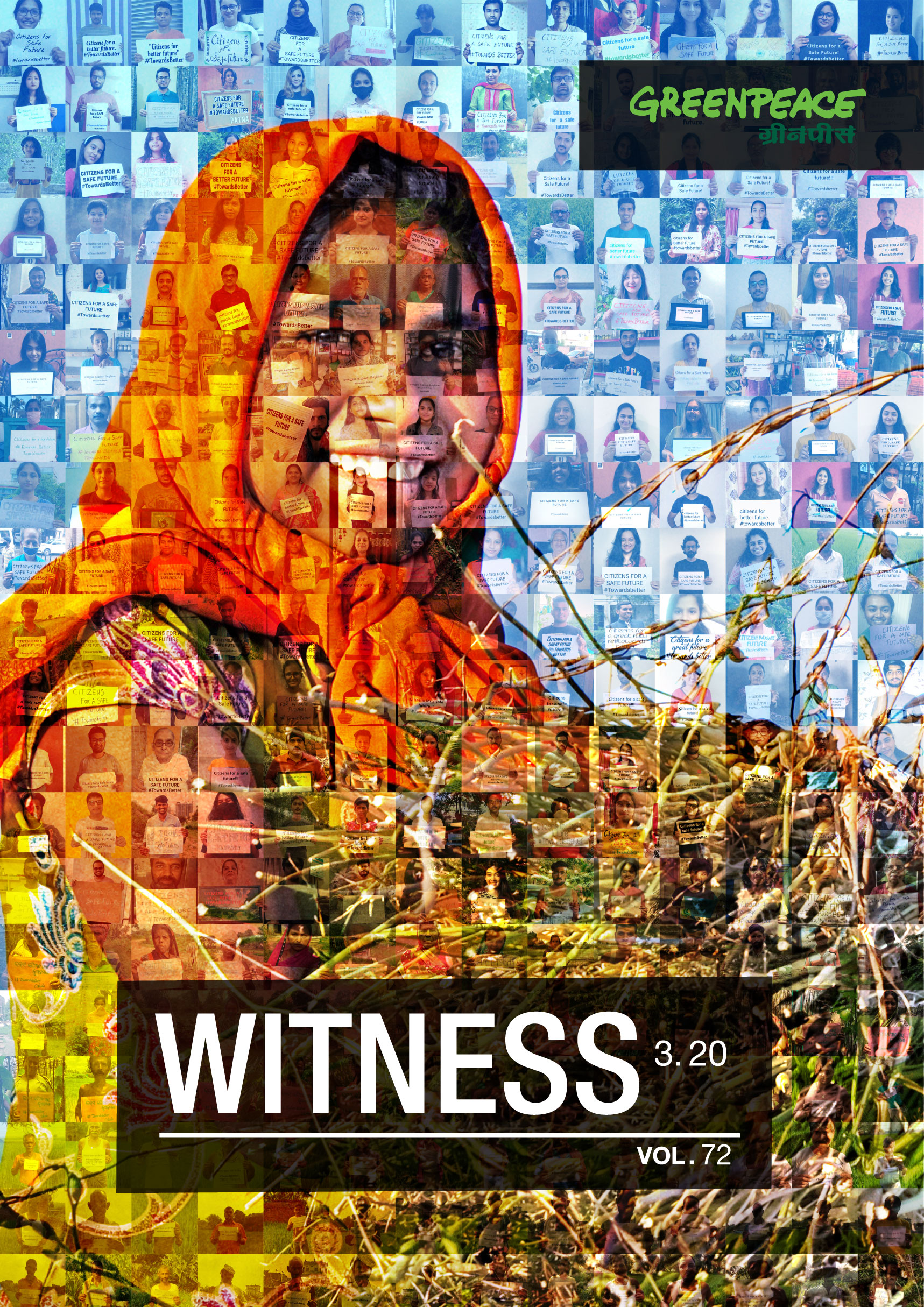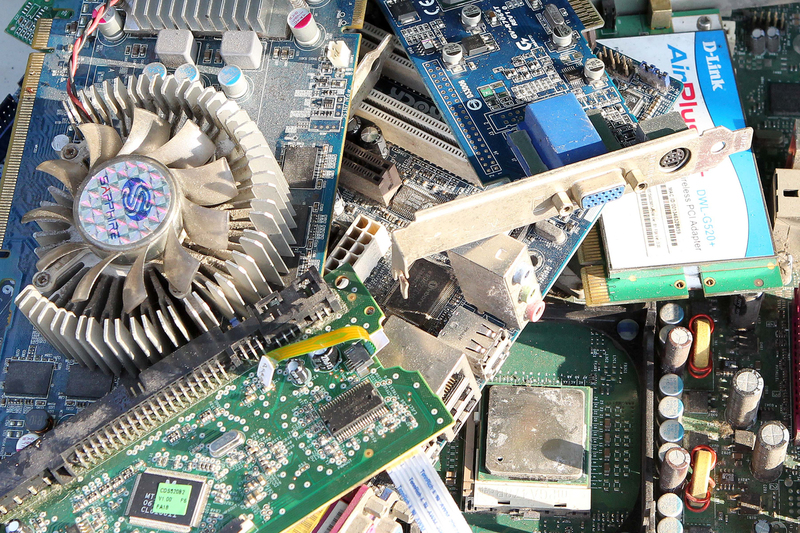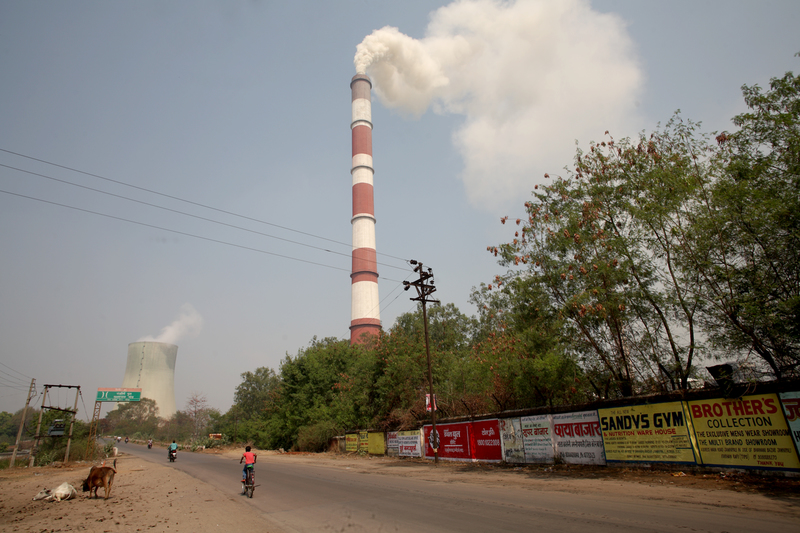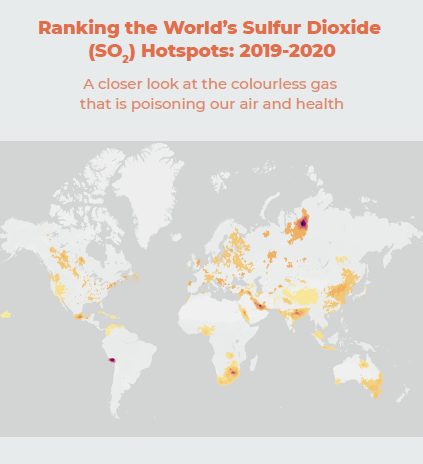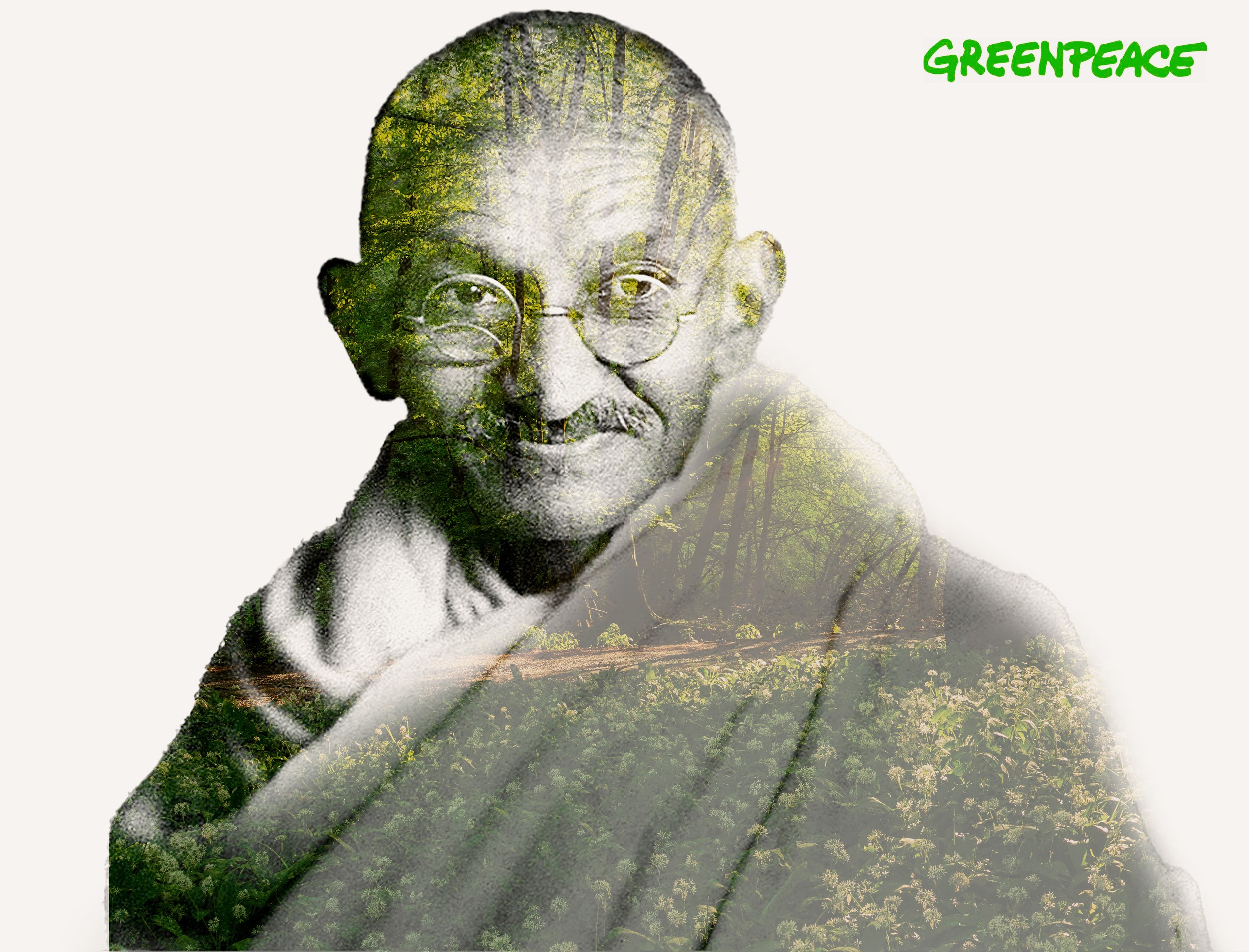-
Bengaluru’s #Steelflyoverbeda activist talks sustainable mobility
There will always be a certain number of people using cars and two-wheelers. The idea is to decrease the relative modal share of ‘personal’ and ‘private’ transport and increase the share of non-motorised and mass public transport over years.
-
Witness 4.20
The pandemic has given us an opportunity to build back better and the Urban Mobility campaign leads the way towards a better future. Read about our new campaign and more.
-
Air quality in major south Indian cities shows improvement, need for climate-resilient mobility infrastructure felt
Despite the reasonable improvement, the air quality all three cities remain higher than the prescribed WHO standards
-
Thousands of Indian citizens urge the government to implement Green recovery plans
29174 citizens across the country have endorsed and collaborated in the Green Recommendations initiated by Greenpeace India
-
A Movement That Can’t Be Sunk
Greenpeace India joined hands with the communities near Odisha's Kaliakan River Block to send out a positive message. With a floating banner that read “Towards Better”, they demanded better policies to ensure a safe and sustainable future for all.
-
Witness 3.20
As the pandemic progressed in the 3rd quarter, we focused on rebuilding a safe future for all post-Covid. Read about our work to strengthen the Circles of Solidarity and more updates here.
-
Why India’s E-waste Should Worry Us
October 14th is International E-waste Day. In the last five years the world has witnessed a staggering 21% rise in e-waste generation. India is the third largest producer of e-waste globally with China and US topping the list.
-
TOP SO2 EMITTER, INDIA REGISTERS 4-YR DIP IN EMISSIONS: GREENPEACE INDIA
For the first time in four years India’s sulfur dioxide (SO2) emissions recorded a significant decline of approximately 6% in 2019 compared to 2018
-
Ranking the World’s Sulfur Dioxide (SO2) Hotspots: 2019-2020
India emitted 21% of global anthropogenic (human-made) SO2 emission, nearly double that of second-ranked global emitter,

